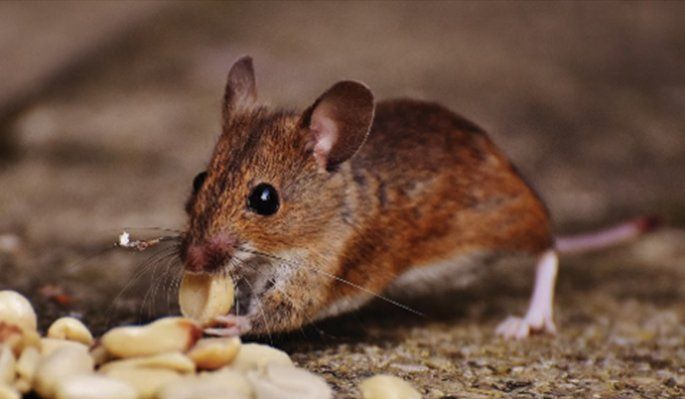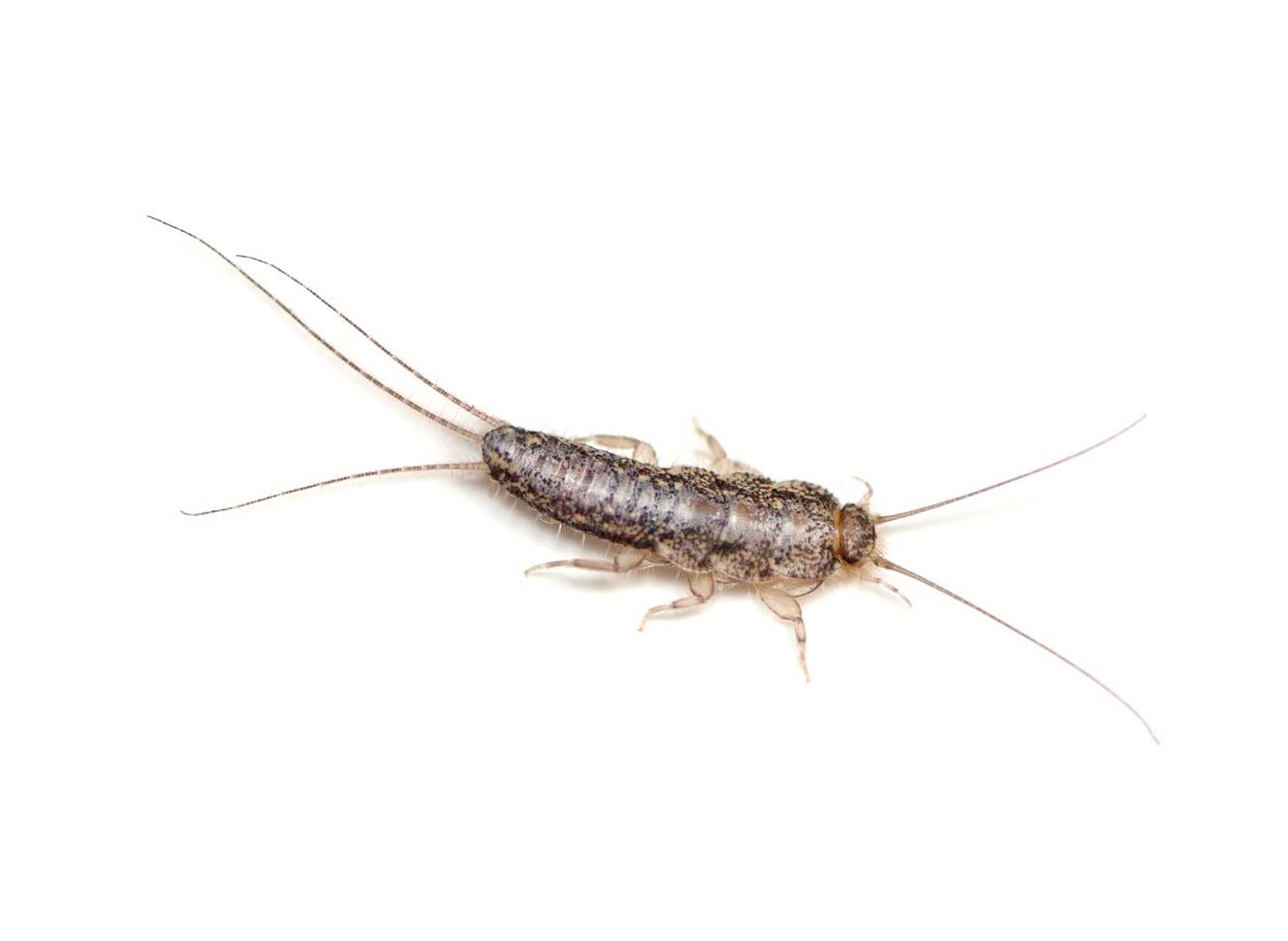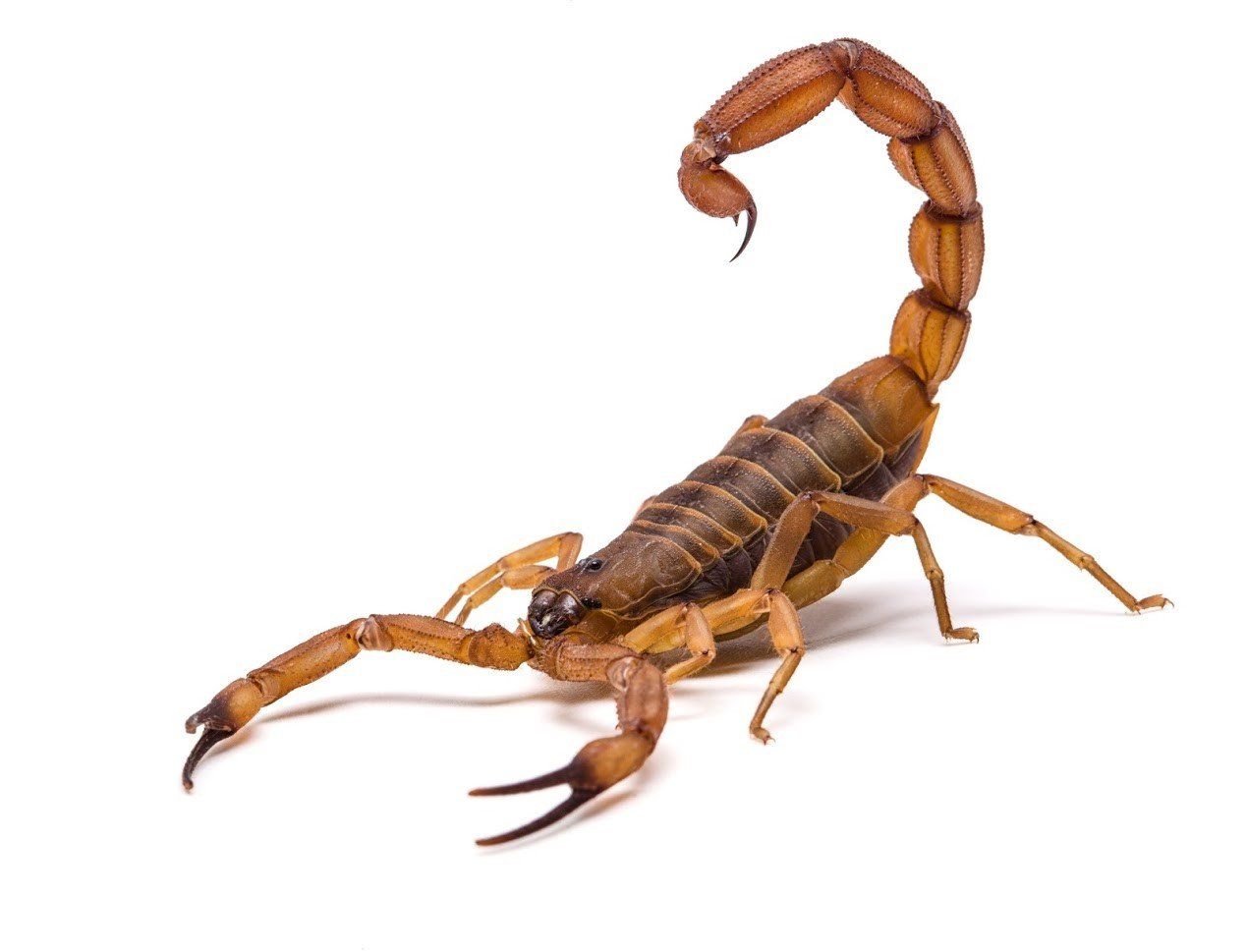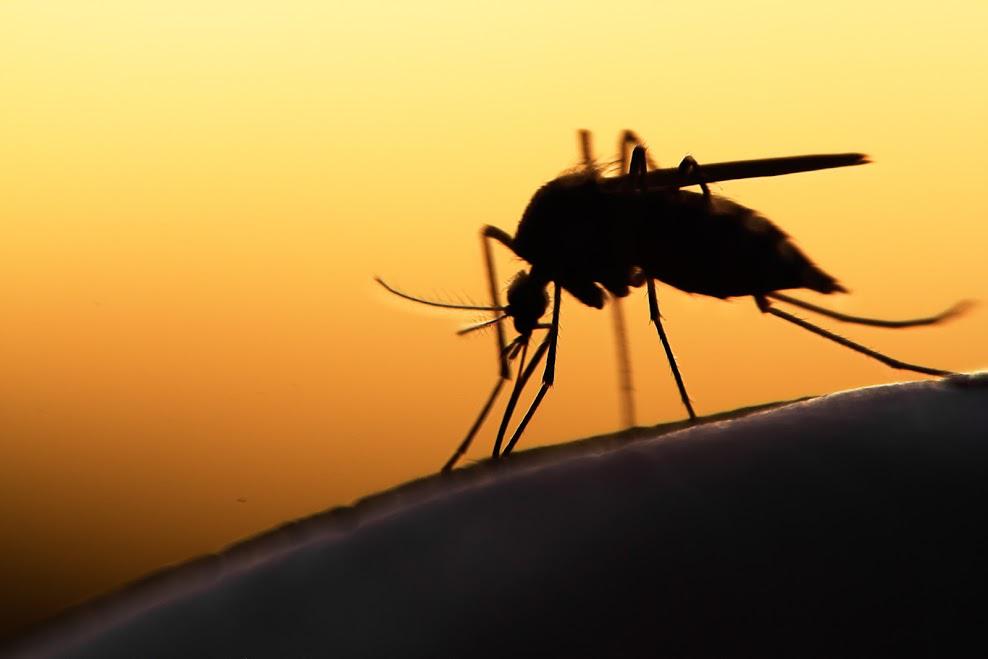Blog Layout
5 Risks You Face When Your Home Is Infested With Mice
June 14, 2019
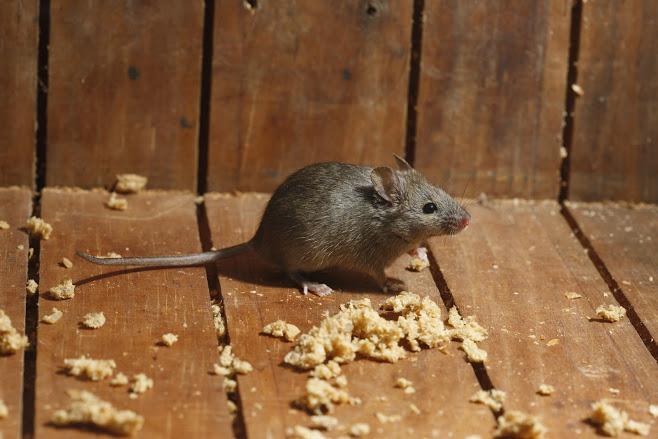
If you have mice in your house, don't let them a minor problem turn into a major infestation. You might think that one or two mice in the attic isn't a big deal, but that's simply not the case. The common house mouse can give birth to between five and ten litters per year, with the average litter size being anywhere from 3 to 14 mice.
Unfortunately, mice aren't mere nuisances; they're a major risk for you, your family, and your home. If you've discovered mouse activity in your home, here are five potential risks you face.
1. Chewed Electrical Wires
If you've discovered mice in your home, you have to assume that they've found their way behind the walls, which is where most of the electrical wires are located. Unfortunately, mice will chew through anything they come in contact with, which includes the electrical wires.
The first part of the wire that mice chew through is the protective cover. Once that's gone, the wires are left exposed, which increases your risk for electrical fires.
2. Damaged Attic Insulation
If mice have found their way into your home, they'll make a beeline for the attic. After all, they'll find plenty of dark spaces to hide out in and an abundance of material for nest-building. Unfortunately, the material they'll most likely use is your insulation. Once they tear up the insulation for their nests, your home will lose out on the energy efficiency.
Not only that, but the insulation that does remain in your attic will be saturated with mouse urine and feces, which will fill your home with unpleasant odors — not to mention the fact that mouse urine and feces cause breathing problems for humans and animals. In fact, the hantavirus pulmonary syndrome is commonly spread by mouse droppings.
3. Contaminated Counters and Food
If mice leave the confines of your attic and walls, they usually head towards your kitchen, where they'll find plenty of food. Unfortunately, while they travel through your kitchen, they'll contaminate your counters and your containers — not to mention the contamination they'll introduce to the food that they attempt to eat in the cabinets.
Contamination that is left behind by mice can pose serious health risks to you and your family. The contamination can also be costly since you'll need to replace all the food that the mice come in contact with.
4. Increased Allergic Reactions
If mice are allowed to infest your home, you and your family run an increased risk of severe allergic reactions and breathing disorders. This is particularly true of young children, who have an increased sensitivity to rodent dander and droppings. Your young children may suffer from allergic respiratory disease, as well as more severe symptoms associated with asthma.
The problem can be made worse once mice find their way into the heater and air conditioner ducts because the dander and droppings in the ducts get blown through the house.
5. Infected Bed Space
If mice have taken over your home, they may have found a way into your beds at night. Mice will travel throughout your home while you're asleep. If you've had a snack in bed, or you've sent an infant to bed with a bottle, mice will be attracted to those odors, which means your bed space is no longer safe from mice-related diseases, contamination, or the fleas that might transfer from the mice to your bed.
Unfortunately, fleas can carry the same diseases as the mice that brought them into your house and can easily spread from one person to another.
Those house mice might be furry and small, but they're not safe. If you've discovered mice in your house, and you're in the Houston, TX area, contact us at Southwest Exterminating. We'll take care of your rodent infestations right away.
Share
Tweet
Share
Mail
BROWSE OUR WEBSITE
HOURS OF OPERATION
- Mon - Fri
- -
- Saturday
- -
- Sunday
- Closed
HOURS OF OPERATION
- Mon - Fri
- -
- Saturday
- -
- Sunday
- Closed
Content, including images, displayed on this website is protected by copyright laws. Downloading, republication, retransmission or reproduction of content on this website is strictly prohibited. Terms of Use
| Privacy Policy

